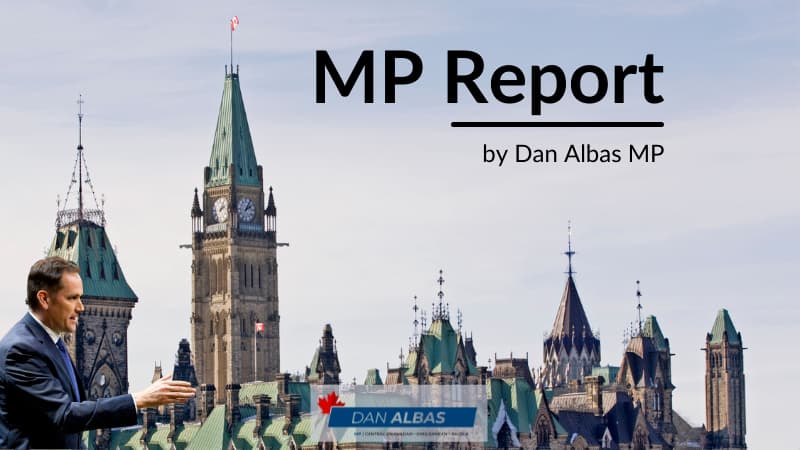Why the secrecy?

Why does Canada have such runaway food inflation when we grow so much food?
A common question.
There are a couple of main reasons: rising fuel costs increase farmers’ production costs, and transportation.
As we import many different foods, exchange rates also matter.
A weaker Canadian dollar means imported goods cost more for consumers.
Sylvain Charlebois, a food researcher from Dalhousie, has said that a lack of competition in the grocery space also contributes to higher food costs, saying:
“All these discount stores are connected to just a handful of grocers controlling the Canadian market – they are essentially co-operative arms of the mainstream supermarkets, rather than competitors.”
Speaking of mainstream supermarkets, at the Standing Committee on Agriculture and Agri-Food (AGRI) last week, Parliamentarians questioned the CEOs of some of Canada’s largest grocery store chains around food inflation.
At one point, Galen Weston, CEO of Canadian grocery store giant Loblaws, was asked, “How much profit is too much profit?”.
The reply from Mr. Weston was, “We’re a big company, and the numbers are very large, but it still translates right down to the bottom line at one dollar [of profit] per 25 dollars of groceries.”
There is no question that companies such as Loblaws have always been profitable and continue to see increased revenue as inflation and population rise.
In February 2023, Loblaws reported a fourth quarter profit of $529 million. This fourth quarter profit was roughly ten percent higher than last year’s fourth quarter.
While on the topic of Loblaws, in 2019 the Trudeau Liberal government gave this extremely profitable company $12 million to purchase new, more energy-efficient, refrigerators.
I will continue to follow this subject closely and look forward to reading the final report on this crucial topic from the AGRI committee.
The Trudeau Liberal government recently announced that Volkswagen would build a “gigafactory” to produce electric vehicle batteries in St. Thomas, Ontario.
While undeniably goods news on many levels, it raises the critical question of how much this new Volkswagen battery factory will cost Canadian taxpayers.
The answer to that is that we don’t know.
The Trudeau Liberal government has refused to disclose how much taxpayers must pay Volkswagen to build this factory.
Volkswagen, like Loblaws, is also a highly profitable company.
The same can be said for tire manufacturer Michelin.
This week, PM Trudeau announced that Michelin would receive $44.3 million in federal funding to modernize a tire manufacturing plant in Bridgewater, Nova Scotia.
Selective taxpayer-financed subsidies to wealthy corporations are not a new topic here in Canada — provincially or federally.
What is new is that the amounts are becoming staggeringly high.
This most recent announcement regarding the Volkswagen gigafactory sets a new standard for secrecy.
My question this week:
Are you concerned by the lack of disclosure on taxpayer funds by the Trudeau Government with corporate subsidies like this?
I can be reached at Dan.Albas@parl.gc.ca or call toll-free 1-800-665-8711.